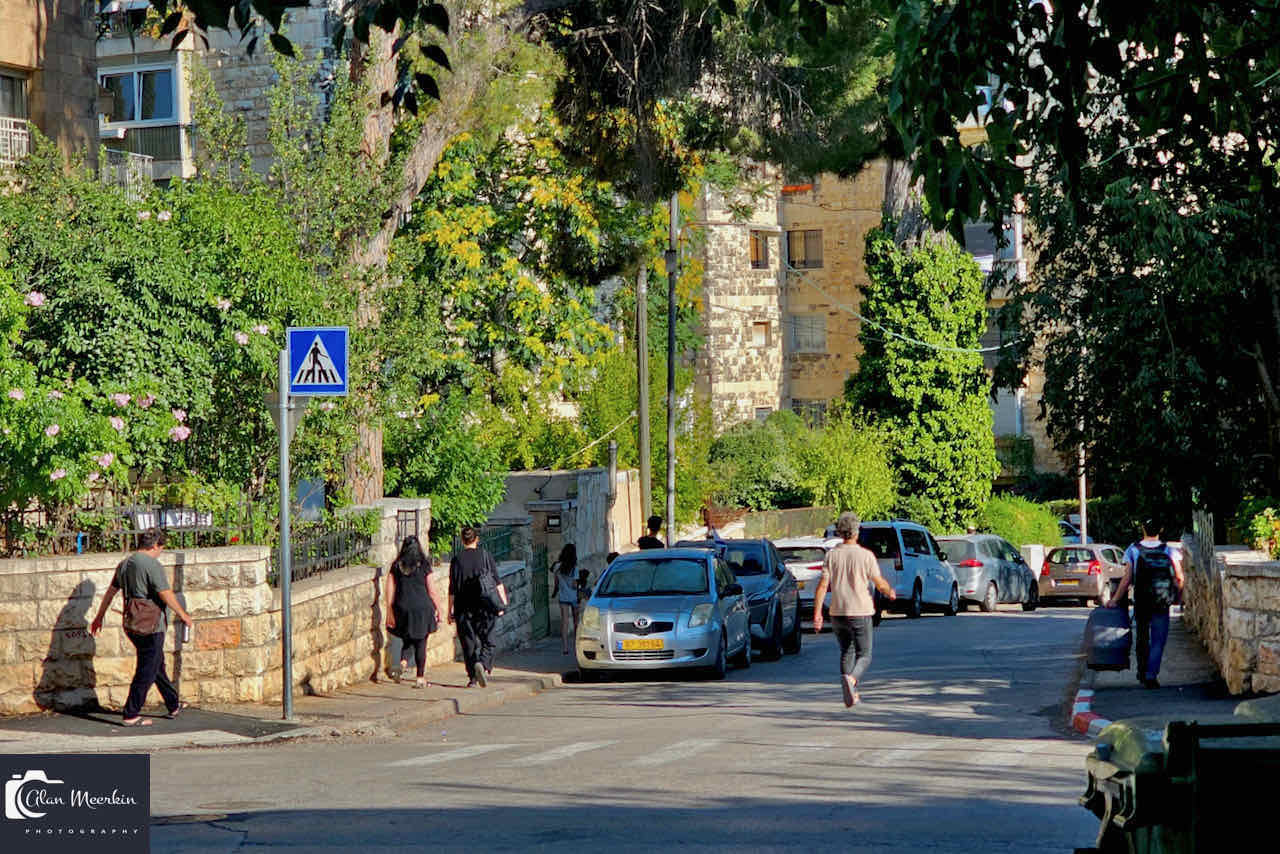Before I comment on last week's events, let's briefly review what actually happened (bear with me folks).
Since taking control of Iran in 1979, the Ayatollah regime has focused on destroying Israel, as a first phase to exporting its version of Islam globally.
This phase began in earnest when, in October, 2023, Hamas crossed into Israel and butchered the latter’s citizens, and Hezbollah shot missiles at its residential areas. Two weeks ago, in the midst of the ensuing war, Israel took steps to defang their sponsor and head honcho, Iran, before it could join in the fray and seal Israel’s fate. Israel attacked Iran’s ballistic and nuclear infrastructure.
All this we know from the media.
Understanding the Critics
As usual, Israel was vehemently condemned for its initiative, particularly by the UN.
I get it that critics of Israel are too lazy to learn what their talking about.
They seem oblivious to:
modern Iranian history, or
the nature of the current extremist Islamic regime of the Ayatollahs, or
the crimes that such regime commits daily against its own people, or
the gang of armies that Iran funded and trained (Hamas, Hezbollah and the Houthis) to surround, threaten and Israeli civilians, or
the breach of Iranian undertakings to the world powers not to enrich uranium to weapons grade.
(There is so much material is available on the net about all these things that I see no need to share links)
But even ignoring the above, such critics are either stupid, bigoted or anti-semitic to criticise Israel’s actions, knowing that:
a) Iran has repeatedly called Israel a cancer and threatened to wipe it off the map,
https://www.sunjournal.com/2005/10/27/israel-wiped-map-iran-president-says/?utm_source
b) The Iranian government installed a doomsday clock in Tehran counting down to Israel’s destruction (really!!!)
https://www.latimes.com/opinion/story/2024-10-07/israel-hamas-oct-7-iran-hezbollah
c) Last year, Iran launched hundreds of ballistic missiles, cruise missiles and drones at Israel, in what they codenamed Operation True Promise and Operation True Promise II
https://en.wikipedia.org/wiki/April_2024_Iranian_strikes_on_Israel
https://en.wikipedia.org/wiki/October_2024_Iranian_strikes_on_Israel
d) Iran built nuclear facilities in hidden bomb-proof bunkers, without declaring them to the Atomic Energy Agency, and in contravention of its undertakings to the international community.
From social media:
By Iran declaring its intent to annihilate Israel, stockpiling offensive weapons, and using them against Israel, the Jewish state is right to be scared for its life – and to take steps to neutralise the threat.
Do you know what it’s like waiting for hundreds of massive missiles coming your way with enough firepower to cause damage equivalent to that made by a nuke dropped on Hiroshima?
I do.
And so do millions of other Israelis.
Its damning that critics of Israel do not understand our situation. So I say, let those critics be damned.
Poking The Great Satan
As a supporter of Israel and of the former government of the Shah in Iran, the USA has regularly been referred to by the Ayatollahs as the Great Satan. Chants of Death to America and Death to Israel are often heard together in Iran as their respective flags are burned in public.
https://www.youtube.com/shorts/38GX98tlVfo
This incitement to attack America has given the US a common interest with Israel. The US has, however, feared attacking Iran and causing a chaotic fall of the regime, leading to a costly and deadly occupation similar to that which lasted for decades in Afghanistan.
On seeing the success of Israel’s Operation Rising Lion, the US felt it could bring a swift resolution to Israel’s campaign; it executed an operation of its own codenamed Midnight Hammer. This involved dropping bunker-busting bombs specifically developed to blast through the Fordo mountain to destroy one of Iran’s secret, undeclared, underground nuclear facilities.
https://en.wikipedia.org/wiki/United_States_strikes_on_Iranian_nuclear_sites
I say ‘one of’ Iran’s secret facilities because we don’t know if there are others. But we do know that a convoy of 16 trucks were seen by satellite, days before the attack, leaving the Fordo site. What were they carrying and where were they going?
In an incredibly smart business move, following the US attack, President Trump allowed Iran, in a seemingly coordinated move, to launch missiles at a US base in Qatar in response. In anticipation of this response, the base was evacuated and no injuries were suffered. The Ayatollahs didn’t lose face with their own people, and having suffered no injuries, the US could consider the matter closed.
https://www.bbc.com/news/articles/czjk3kxr3zno
(A parody on the Ayatollah's view of victory):
None of this is rocket science (pardon the pun).
What now?
Within hours of the 12 day Iran-Israel war (codenamed Operation Rising Lion) coming to a sudden halt, a comedy group in Israel was already broadcasting a ‘retrospective’ of the unique experience we all shared on the home front.
https://www.youtube.com/watch?v=jxlMv7JZPsQ
Last week I shared some accounts of what it was like living through this ‘conflict’.
It can best be summarised by the following map of Israel, outlining how it was experienced in different parts of the country (my translation to English):
From social media:
Days after this episode in our lives has officially ended, many Israelis still find themselves waking at 4am, suffering jetlag from the pre-dawn missile alerts.
Nobody here lives under a rock.
The Ayatollahs will rebuild, stockpile and try to further their global agenda.
From social media:
In the meantime, the Houthis are still firing missiles at us from Yemen: https://www.timesofisrael.com/liveblog_entry/houthi-missile-launched-at-israel-falls-short-idf-official-says/, young soldiers continue to be killed in Gaza: https://www.nytimes.com/2025/06/25/world/middleeast/israel-soldiers-killed-gaza-khan-younis.html, 9000 people have been displaced because Iranian missiles last week destroyed their homes: https://www.timesofisrael.com/the-israel-iran-war-by-the-numbers-after-12-days-of-fighting/, businesses have taken a hit, and prices are rising.
And the hostages held by Hamas remain an unrelenting pain in everyone’s heart, while starving Gazans are caught in the crossfire as more humanitarian aid is stolen by armed militias.
Catharsis be damned.

























